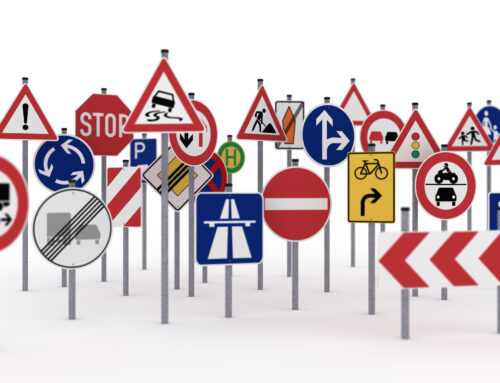Accept that things will be different for a while. It is normal to have a range of feelings: you may feel sad, stressed, confused, scared or even angry. There are things you can do to help yourself feel better.
- Talking to people you trust can help. Set up regular check-ins with friends and family, especially if you are self-isolating. Phone or video chatting is ideal.
- Maintain as healthy a lifestyle as possible, including a nutritious diet, sleep and exercise.
- Keep perspective. Remind yourself the world will keep turning, the sun will come up tomorrow and this will end soon.
- If you feel overwhelmed, talk to a professional counsellor over the phone or by video call..
Social distancing does not mean social disconnection. If you need to isolate yourself physically, it’s more important than ever to maintain connections with your loved ones, friends and community.
There are lots of ways to stay connected.
- Make regular phone calls or video calls to people you know.
- Arrange video ‘play dates’ for your children or yourself.
- Set up virtual social events with friends to watch your favourite TV show or sport.
- Play virtual games, like chess or scrabble.
- Join a local community group on Facebook.
- Reach out to others you know who might also be self-isolating.
- Share on social the ways that help you stay connected; they can inspire others too.
- Write a letter to someone. It’s amazing the effect it can have.
- Take a course online.
- Stay in touch with work colleagues. If you can do it, working from home could help you stay busy and connected.
- Join an online community group to talk, share and experience different ideas
Yourself
- Stay healthy, eat well and exercise when you can. There are countless YouTube videos of all sorts of activities that can lead you enabling you to participate and enjoy.
- Reduce your exposure to news. Choose one source and check twice a day.
- Think about posting positive stories about how people are dealing with this.
- Form a plan on how you and your family (including pets) would manage if you needed to stay home for 2-3 weeks. Don’t over-purchase or horde as this can take essential supplies away from people who are already disadvantaged or have limited mobility. There is plenty to go around.
- Make sure you have enough personal medications on hand.
- Only share information from reputable sources, like
- Take time for yourself to stop, unwind emotionally and relax by getting your Free Hypnosis Relaxation session from my Virtual Hypnotherapy site, designed for those wanting to increase their resilience and resourcefulness

Your family
- Being in close confines can be stressful, watch out for signs of stress among family members.
- Work out a strategy to defuse any problematic situations or anger.
- Do things together that you all enjoy.
- If you notice a member becoming angry or intolerant, redirect them toward an activity they can assist you with or do themselves. Maintenance and painting jobs, cleaning out the garage or cupboards, washing the house,, so many jobs we never get time for, take the opportunity.
Young people and children
- Talk to children and young people calmly and honestly about the virus.
- Be reassuring and let them know they are safe.
- Limit their exposure to the news.
- Take their concerns seriously. No question is silly, no concern dismissed.
COVID-19 has impacted us all in some way. These things can make this easier
- If someone is self-isolating, remember than they may feel lonely and stressed, and appreciate a phone or video call.
- Invite others in your social network to call or message people who are self-isolating.
- Think about who in your neighbourhood, workplace or social circle may be especially vulnerable. If possible, give them a phone call or leave a note by their door.
- Slip a note under the door of people in your community who may need help. Ask if they would like essentials dropped off at their door, bins are taken out, garden watered or pets walked.
- Plan your shop and buy only groceries and household items you need.
- Take time to thank supermarket staff, doctor’s receptionists and other at the frontline workers at this time.
- Check-in on friends and family whose employment is likely to be affected.
- Support local small business buying takeout and wines from their restaurant or coffee shop
Look After Yourself Emotionally and Mentally
Anyone struggling to cope during this time, please download your Free Relaxation Hypnotherapy session from my website Virtual Hypnotherapy to help you proactively keep your mind more positive, decrease your anxiety and be prepared mentally and emotionally. We are all in this together and I have prepared this for you. Please share it with everyone. Sit back, relax and listen.






